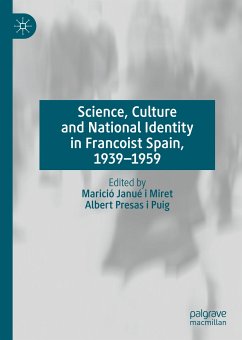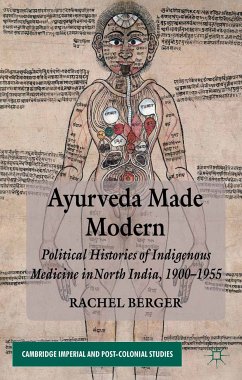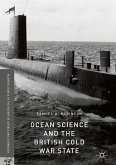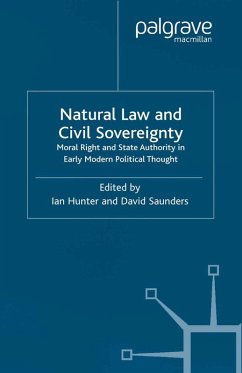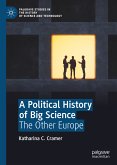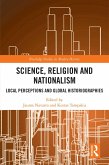This book examines the role that science and culture held as instruments of nationalization policies during the first phase of the Franco regime in Spain. It considers the reciprocal relationship between political legitimacy and developments in science and culture, and explores the 'nationalization' efforts in Spain in the 1940s and 1950s, via the complex process of transmitting narratives of national identity, through ideas, representations and homogenizing practices. Taking an interdisciplinary approach, the volume features insights into how scientific and cultural language and symbols were used to formulate national identity, through institutions, resource distribution and specific national policies. Split into five parts, the collection considers policies in the Francoist 'New State', the role of women in these debates, and perspectives on the nationalization and internationalization efforts that made use of scientific and cultural spheres. Chapters also feature insights into cinema, literature, cultural diplomacy, mathematics and technology in debates on Catalonia, the Nuclear Energy Board, the Spanish National Research Council, and how scientific tools in Spain in this era fed into wider geopolitics with America and onto the UNESCO stage.
Dieser Download kann aus rechtlichen Gründen nur mit Rechnungsadresse in A, B, BG, CY, CZ, D, DK, EW, E, FIN, F, GR, HR, H, IRL, I, LT, L, LR, M, NL, PL, P, R, S, SLO, SK ausgeliefert werden.

